Many ERP systems no longer require you to buy the software licenses. A subscription model is becoming increasingly popular: paying a periodic fee to obtain the right to use the software. But which model best suits your organization?
Buy Software
In the traditional model, you buy the software licenses. In other words, you pay for the licenses in advance and thus acquire the right to use the software indefinitely (to infinity). The purchase of the licenses is a substantial investment for many companies, but it makes you the owner of the software. You are not completely out of pocket. In many cases you pay an annual fee for maintenance and/or support.
Paying for use
Using ERP software in a subscription form, also called "subscription licensing," is becoming increasingly popular. In this case, you pay a monthly (or sometimes annual) amount up front to use the software. This amount is based on the number of users and the solutions and modules you need. Each month you have the option to cancel and make changes - up or down - to the modules and number of users. With subscription licensing, infrastructure, maintenance and support are often included in the monthly fee.
"In consultation with finance, IT and strategy/business, you can make an informed choice."
Factors influencing your decision
- Financial considerations: Buying software requires a hefty investment and not every organization can afford it. With a subscription form, you need little capital and thus low start-up costs. But after a few years (often 3-6 years) comes the tipping point where the Total Cost of Ownership for the subscription form becomes higher than for buying the licenses.
- Flexibility/scalability: Purchased software licenses are valid indefinitely. And as your business grows, you can purchase additional user licenses. But scaling down is not possible with most ERP partners. When you need fewer users than you paid for, some of the licenses are useless. With subscription licensing, you don't have this problem. Scaling up and down each month ensures ultimate flexibility. Pay per use.
- Importance of upgrades and new technology: Do you choose an ERP system with the thought of running on the same version for years, or are new releases and modern technology critical to you gaining and maintaining a competitive advantage? The answer to that question largely determines which licensing model is best for you.
- Ownership and control: Would you like to own the software licenses and run the software on your own servers? Or would you prefer to outsource this completely? Subscription licensing often involves using software as a cloud application or hosted solution. Unacceptable for some organizations because they want full control over their ERP system. Comfortable for other organizations because they no longer need to have the resources in-house in this area.
Subscription licensing offers an additional option for businesses. You are no longer required to buy software licenses. In consultation with finance, IT and strategy/business, you can make an informed choice.
Philip van Kemenade is marketing manager at Dysel and has daily contact with end users of software.
